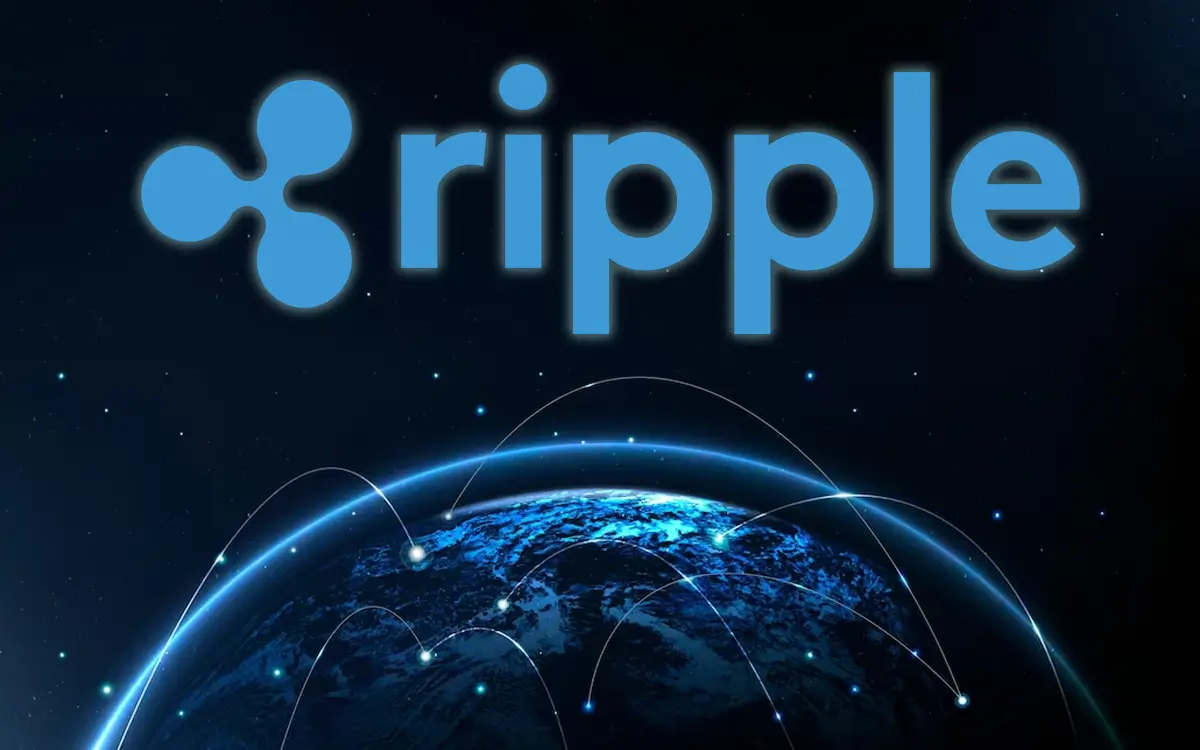Ripple Announces New Blockchain Partnership in Brazil
31.07.2024 10:00 2 min. read Kosta Gushterov
Ripple has announced its participation in Fenasbac's upcoming blockchain accelerator program known as Next.
This program aims to support early-stage fintech companies based in Brazil with high growth potential by providing resources, mentorship and investment opportunities.
By joining the Next blockchain accelerator program, Ripple aims to sponsor two fintech companies that focus on using blockchain technology, specifically XRP Ledger. These companies will develop innovative solutions in areas such as:
- Payments
- Asset tokenization
- Cash Management
- Borrowing and lending
Ripple, in collaboration with Fenasbac, will provide these startups with the resources they need to expand and thrive in the crypto economy. This partnership represents the second collaboration between Ripple and Fenasbac to support startups in Brazil, helping them reach their full potential.
Ripple and Fenasbac had previously joined forces in initiatives with the Federal University of Rio de Janeiro (UFRJ) and Polkadot. These initiatives aimed to explore the possibilities of blockchain interoperability solutions for the Brazilian digital currency DREX, with the support of the country’s central bank.
Silvio Pegado, Ripple’s regional director for the LATAM market, highlighted the main goal of the partnership: to support Brazilian startups in building innovative projects that solve real-world financial challenges.
Ripple reportedly sees Brazil’s proactive approach to crypto and blockchain as a key factor in transforming financial services in international markets. The country’s ecosystem is conducive to both technological advancements and the development of progressive blockchain policies, making it an ideal environment for Ripple’s initiatives.
-
1
Top 10 blockchains by transaction volume in June 2025
06.07.2025 16:00 2 min. read -
2
German State-Owned Development Bank Issues €100 Million Blockchain Bond
11.07.2025 7:00 2 min. read -
3
Tether Ends Support for Five Blockchains in Infrastructure Shift
12.07.2025 11:30 2 min. read -
4
Cardano and Ethereum Lead in Developer Activity as GitHub Commits Surge
14.07.2025 12:00 1 min. read -
5
Malaysia Opens the Door to Blockchain Experimentation With Launch of Innovation Hub
18.06.2025 22:00 2 min. read
Cardano and Ethereum Lead in Developer Activity as GitHub Commits Surge
Recent GitHub data reveals which blockchain ecosystems and individual projects attracted the most developer attention last week—a key signal of long-term project strength.
Tether Ends Support for Five Blockchains in Infrastructure Shift
Tether, the leading issuer of stablecoins, is phasing out support for five older blockchains.
German State-Owned Development Bank Issues €100 Million Blockchain Bond
Germany’s state-owned development bank NRW.BANK has issued a €100 million ($116.7 million) blockchain-based bond, marking one of the largest public-sector entries into digital securities in Europe.
Top 10 blockchains by transaction volume in June 2025
New data highlights a dramatic lead for Solana in blockchain activity for June 2025. According to the figures, Solana processed a staggering 2.98 billion transactions, far outpacing all other chains in the ecosystem.
-
1
Top 10 blockchains by transaction volume in June 2025
06.07.2025 16:00 2 min. read -
2
German State-Owned Development Bank Issues €100 Million Blockchain Bond
11.07.2025 7:00 2 min. read -
3
Tether Ends Support for Five Blockchains in Infrastructure Shift
12.07.2025 11:30 2 min. read -
4
Cardano and Ethereum Lead in Developer Activity as GitHub Commits Surge
14.07.2025 12:00 1 min. read -
5
Malaysia Opens the Door to Blockchain Experimentation With Launch of Innovation Hub
18.06.2025 22:00 2 min. read


